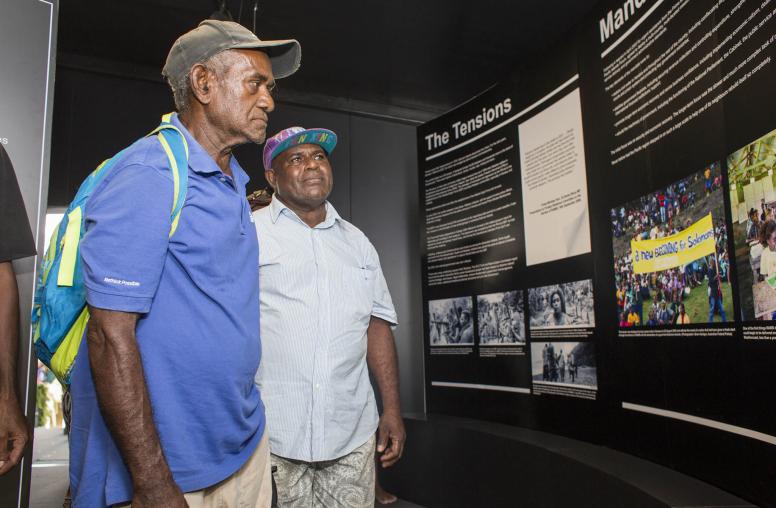Coping with Terrorism: Challenges and Responses

U.S. Flags fly at half-staff in Bayonne, N.J.,
as smoke rises from lower Manhattan following
the collapse of both towers of the World Trade
Center in New York, Wednesday, Sept. 12, 2001.
(AP Photo/Charles Krupa)
The U.S. Government faces the difficult task of calculating an appropriate response to the September 11th terrorist attacks. At this program a panel of experts assessed available political, diplomatic, military and economic tools in order to:
- Understand the nature of the threat;
- Analyze alternative strategies of response; and
- Explore the consequences of alternative approaches.
Opening Remarks  Richard H. Solomon
Richard H. Solomon
President, U.S. Institute of Peace
Luncheon Address
 L. Paul Bremer III
L. Paul Bremer III
Managing Director, MMC Enterprise Risk Security for the 21st Century
Panel 1: "The Threat … Properly Understood"
 Daniel Benjamin
Daniel Benjamin
Center for Strategic & International Studies
 Jerrold Post
Jerrold Post
Political Psychologist & Author, Political Paranoia: The Psychopolitics of Hatred
Panel 2: "Strategies of Response…What Can be Done"
 Bruce Hoffman
Bruce Hoffman
Director, Washington Office, RAND Corporation
 H. Allen Holmes
H. Allen Holmes
Counter-terrorism Expert
Panel 3: "Consequences"
 Martha Crenshaw
Martha Crenshaw
John E. Andrus Professor of Government, Wesleyan University
 Shibley Telhami
Shibley Telhami
Anwar Sadat Chair for Peace & Development, University of Maryland
Overview and Wrap-up




